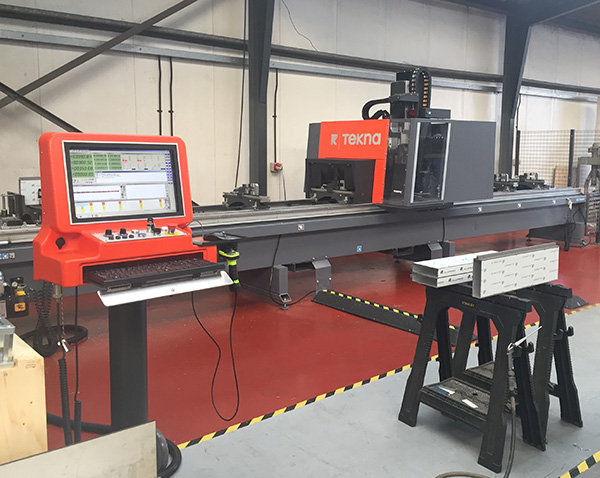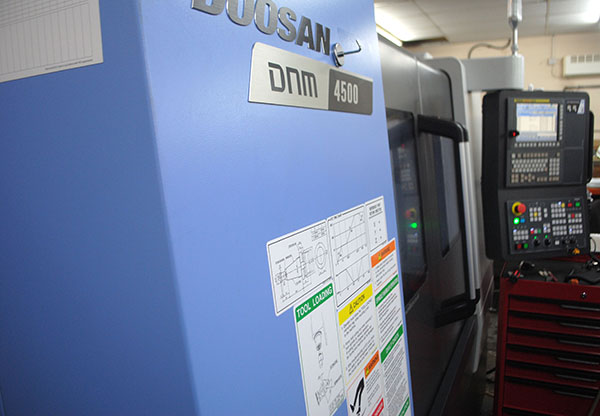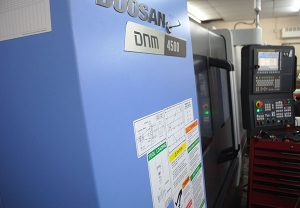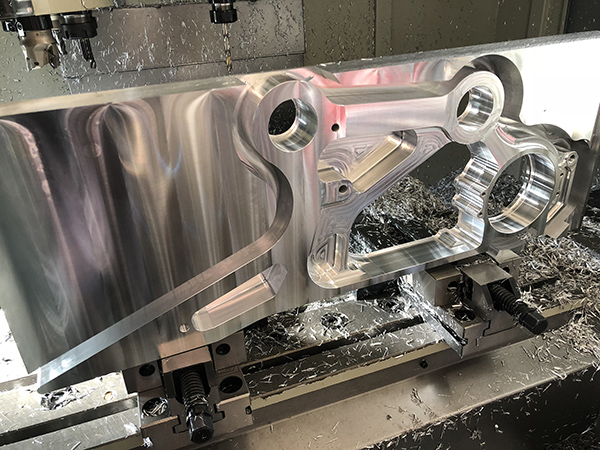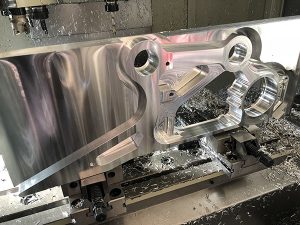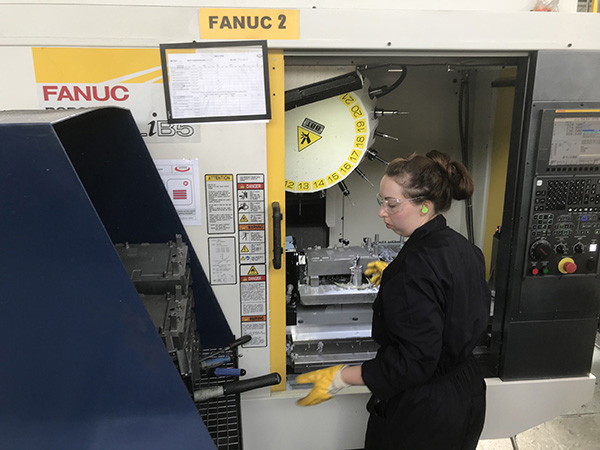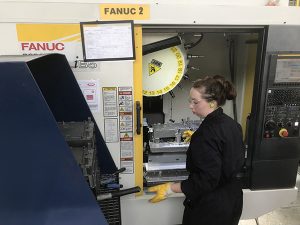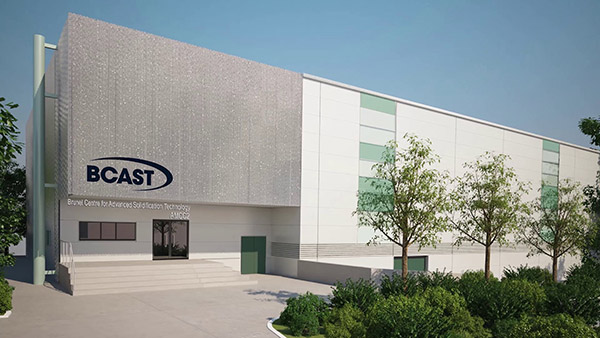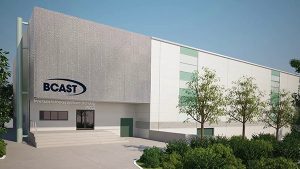CSI Aluminium has chosen a Tekna TKE 944-7 four-axis heavy-duty machining centre for its Hull factory, supplied and installed by Emmegi (UK).
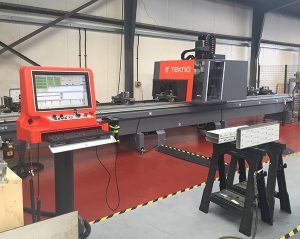
Having been a satisfied Emmegi customer for nearly 20 years, the company had no hesitation in approaching Emmegi again when it needed a new large-capacity machine with a 7-m bed.
As a specialist glazing and cladding fabricator, CSI Aluminium has developed its own bespoke unitised curtain walling system for installing on sites with limited access. This system, which uses large 7-m sections of Aluprof profile, has advantages for city centre sites because it can be installed using a tower crane.
The team at Emmegi proposed the Tekna TKE 944 machine as the perfect solution for CSI because it has the large machining capacity required at the right price point and can link easily to the rest of the Emmegi machines in the factory.
Emmegi’s Tekna TKE 944 is a four-axis machining centre with a mobile gantry and 8 kW high-torque electro-spindle suitable for the heavy-duty machining of large sections of aluminium. The spindle moves along the A axis, allowing machining through a full 180° around each section. A clamp unit ensures correct positioning of the sections. Also featured is a 12-piece tool magazine mounted on the gantry.
Steve Bird, production manager at CSI, is pleased with the company’s investment in new Tekna 944: “The machine is doing all that Emmegi promised and is already helping us to deliver on a new £3.5m contract for our unitised curtain walling system in central Manchester.”
For further information www.emmegi.com








